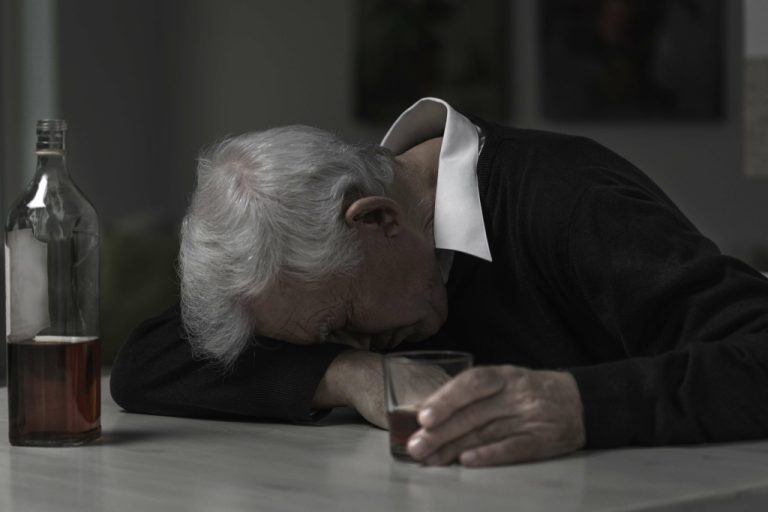Suggesting non-alcoholic meetups, such as sports events, cultural festivals, or dining out, can shift the focus from drinking to socializing and bonding. Additionally, stress management techniques like meditation, exercise, or engaging in hobbies can offer the relief traditionally sought from alcohol. The habit of unwinding with alcohol can become a coping mechanism, potentially evolving into dependence. This addiction can strain relationships as individuals may prioritize drinking over spending quality time with family or fulfilling professional commitments. Excessive after-work drinking can lead to diminished workplace productivity and safety standards. The impact on an individual’s professional life can be severe, with potential job loss due to impaired performance or attendance issues.
Are alcoholic workers protected with Americans with Disabilities Act (ADA)?
Those who are in recovery from substance abuse—or even just trying to cut back—could have an especially difficult time. https://fintedex.com/top-5-advantages-of-staying-in-a-sober-living-house/ is a common social activity across various professions. It’s often seen as a way to decompress, celebrate team achievements, or simply transition from work mode to personal time. While there’s nothing inherently wrong with enjoying a drink at the end of the day, it’s important to be mindful of the reasons behind this habit. Are you drinking to relax, or is it a coping mechanism for work-related stress? Understanding your motivations can help in assessing whether your drinking habits are healthy or potentially problematic.
Steps to Conflict Resolution in the Workplace
Moreover, repeated binge drinking, defined as consuming multiple drinks in a short timeframe, has been correlated with an increased likelihood of developing prehypertension, a precursor to full-blown hypertension. This type of drinking behavior can also produce immediate changes in circulation, heightening the risk of cardiovascular disease in otherwise healthy young adults, as outlined by the American College Sober House of Cardiology. Organizational cultures differ in how they manage social control of drinking norms. In some settings, mechanisms for social control are disabled, while in others, they are enabled, shaping the drinking behaviors of employees. The presence of liquor stores in certain communities, particularly among minority populations, can increase access to alcohol, influencing social drinking habits.
Inability to cope with stress
And yet, while the pandemic destabilised workplace social culture as we knew it, alcohol didn’t disappear. In many cases, especially early in the pandemic, pub happy hours simply moved to Zoom. Although alcoholism is considered a disability and an alcoholic person cannot be fired simply for being addicted, such individuals still are required to comply with the same standards of work just like other employees. In case the person is unable to cope with the regular duties due to substance dependence, he or she can get fired. However, the company may establish rules that forbid her workers to drink at the workplace or before attending it.

Your Liver Gets Compromised
- The more I did that, the more secretive I became of my behavior, especially with my son.
- It’s the most refreshing drink to unwind with after a grueling shift.
- Seeking professional help is advisable when self-management strategies are insufficient.
- The opinions expressed are the author’s alone and have not been provided, approved or otherwise endorsed by our advertisers.